A career of one’s own
Maria David-Evans (‘88 BSc, ‘93 MBA, ‘94 MA) has been there and done that. Over a long and distinguished career in the public service, she has proven again and again that being a woman is not an impediment to either competency or success. She’s been judged for being blonde. She’s been told she’s too aggressive. And she’s been informed that her gender would prevent her from ever receiving a promotion.
Despite the subtle and not-so-subtle sexism she has endured in the workplace, David-Evans has persevered. “Of the 19 jobs I have held in my career,” she said, “for most of them I was the first woman.” That includes positions as general manager of Parks and Recreation for the City of Edmonton as well as several deputy minister positions for the Government of Alberta.
Since she joined the workforce in 1967, David-Evans has seen the treatment of women greatly improve. But “there is still a great deal of unconscious bias,” she said, and “though the attitude that women can’t be successful in the workplace has diminished, it still exists, and it’s important for us to call that out.”
One of the areas where there is still work to be done is around career mentorship and sponsorship. According to David-Evans, women still lag behind their male colleagues when it comes to providing support and advice for their fellow women.
The imbalance is a big part of why David-Evans has continued providing mentorship to senior officials in the Government of Alberta, as well as through her courses in the Alberta School of Business. She wants to provide her students with the networking opportunities she never had, and in particular eliminate the insecurity that plagues so many women in the workforce: imposter syndrome.
“I want them to have courage. I want them to have the leadership tools. I want them to have the self-confidence that is necessary for them to succeed.”
We asked some of our female students, staff, and alumni to share words of wisdom they have received from female mentors. Here are their answers.
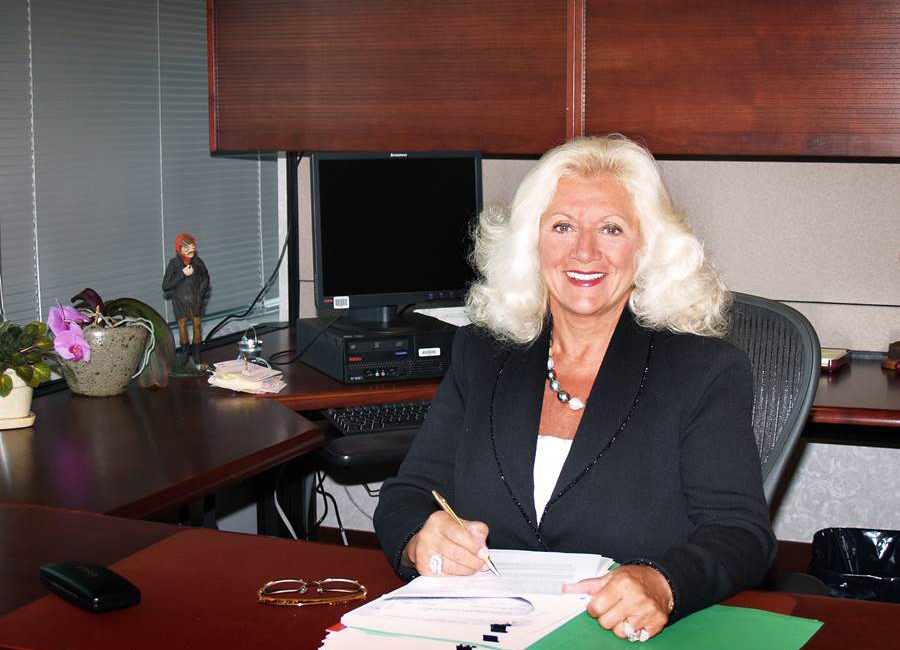
Maria David-Evans (‘88 BSc, ‘93 MBA, ‘94 MA), instructor, Alberta School of Business
The Advice: It’s OK to wear pink.
Who it came from: Betty Hewes, former city councillor, provincial MLA, and the first woman chair of the board for Canadian National Railway.
How it affected me: I started my career in the 60s, and back then I always dressed for work in a neutral-coloured blazer and slacks. I also mimicked the language of my male colleagues, because, in order to be heard, I had to speak their language. The goal was always to fit in. By the 80s things had changed a little, and Betty showed me I no longer had to put on a front to get along. I no longer had to hide the real me. I became a better leader because I shifted my leadership style and management techniques to match my strengths and my personality.

Hanna Daniel, 4th year BCom, Leadership Certificate Program, founder, U of A Black Students' Association
The Advice: Have faith in something bigger than yourself. Put your best foot forward, be open to the opportunities that come your way, and know that at the end of the day you will end up where you are meant to be.
Who it came from: My mother.
How it affected me: Her advice, and similar words of encouragement from many other professors, friends, and colleagues, helped me realize the importance of taking life one step at a time, and appreciating the opportunities that come to you. This led me to develop new interests and passions, and opened up new possibilities for me and my career.
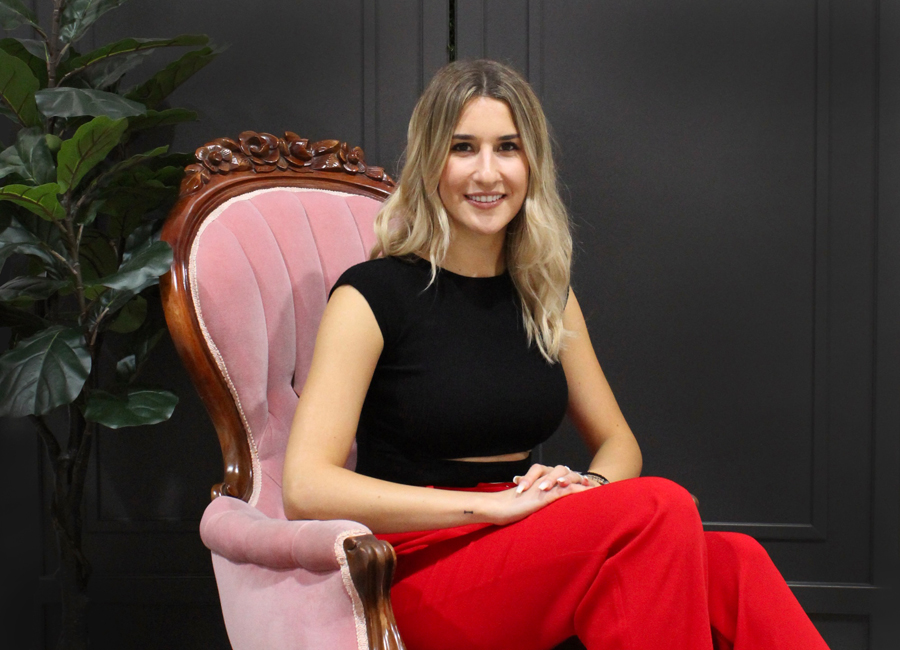
Ivana Dobrijevic, 4th year BCom, co-chair, Network of Empowered Women
The Advice: What matters in life is making progress and being fully engaged in your work, being there in the moment and not thinking of everything else you need to be doing.
Who it came from: Marie Forleo, life coach, motivational speaker, author and web television host of Marie TV.
How it affected me: She's helping me regain confidence, look at the world from a different perspective, live a more fulfilling life, and helping me better understand myself and the personal and professional path I want to take.

Martina Elegino, 5th year BCom, co-chair, Network of Empowered Women
The Advice: Be bold and take risks.
Who it came from: My cousin, Jessa Aco-Kuchmak (‘14 BCom).
How it affected me: Because of this advice, I managed to get involved in three different student clubs at the School of Business, became co-chair of the Network of Empowered Women, and participated in case competitions, which led to me getting an internship with L'Oreal this summer.
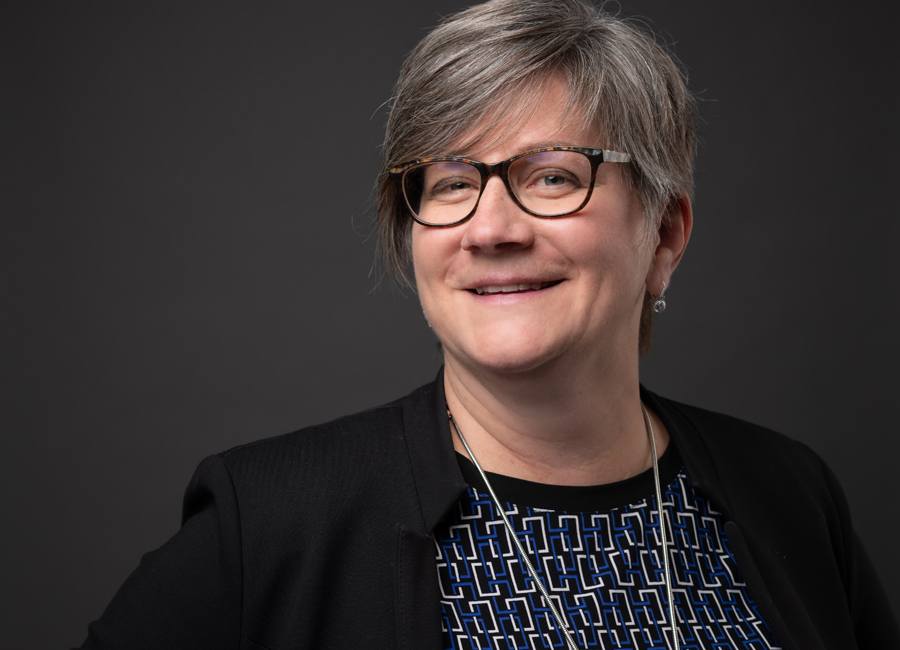
Cori Foged, Director, Careers, MBA Office, Alberta School of Business
The Advice: You do not need to apologize for putting boundaries around work for your family.
Who it came from: Jasmine French, a close friend and mentor.
How it affected me: The advice came when I was struggling with guilt for leaving a meeting that was running long in order to pick up my children. Work supports the life you want to live, not the other way around. This has become really evident over the past year. COVID has exposed all the complexity and messiness around work and raising a family.

Kiera Fujimoto, 4th year BCom Coop, 3x Academic All-Canadian, Pandas Soccer
The Advice: At the end of the day you just have to do what is best for you.
Who it came from: My friend and teammate, Georgia Tansley.
How it affected me: It’s natural to be worried about letting people down, but the people you are worried about letting down are generally the people who care about and support you the most, and ultimately they just want what is best for you. This has provided clarity in how I think about my future, made my decision-making process less stressful, and helped me realize that I shouldn’t settle just because I am afraid of change.
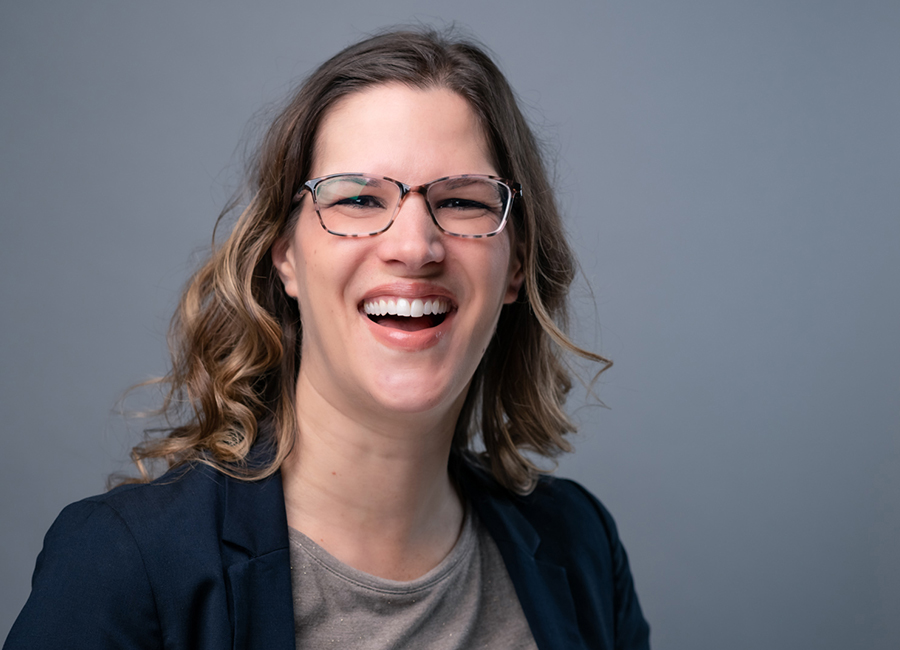
Sarah Kowalevsky, Associate Director of Development, Alberta School of Business
The Advice: As difficult as it can be, saying no will make you more productive.
Who it came from: Ashley Beliveau Davis, Associate Director, Development in the U of A Faculty of Engineering.
How it affected me: I am a yes person, and want to please people. This advice helps me prioritize and to create realistic expectations for myself. I also take notice now when I see others say no. Earlier in my career, I would have deemed that person inflexible. Now I hear it and think, "whoa, that person really knows what they are capable of.”
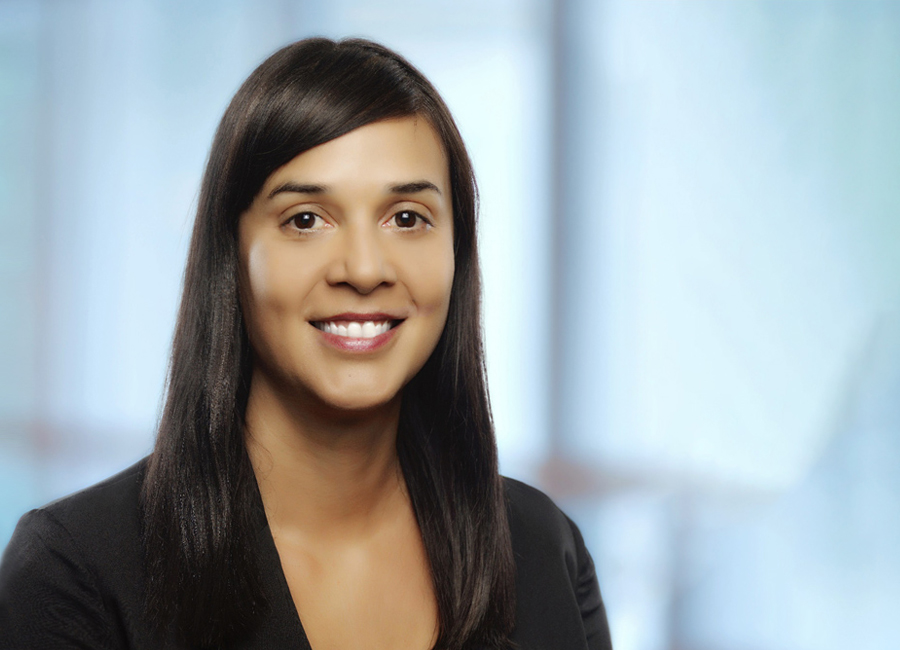
Marcela Mandeville (‘96 BCom, '14 MBA), CEO, Alberta Women Entrepreneurs
The Advice: Surround yourself with people you admire and who will help you grow as a person. Have confidence in the value I bring to the world, and embrace new opportunities, even when they feel out of reach or outside of my comfort zone.
Who it came from: A variety of incredible women mentors, including friends and colleagues.
How it affected me: It helped me find a meaningful path in my career, seize opportunities that align with my personal values, and to pay forward my experiences and knowledge to the next generation of women.

Margeaux Maron (‘13 BCom, ‘21 MBA candidate), Press Secretary, Associate Minister of Natural Gas and Electricity
The Advice: Life is 10% what happens, and 90% how you deal with it.
Who it came from: Dianne Greenough, former Head Coach of the Edmonton Football Club Cheer Team.
How it affected me: I now take ownership of situations because my reaction is, in many situations, the only thing I can truly control. Dianne's influence helped me carry myself with grace and optimism and fostered a strong growth mindset.
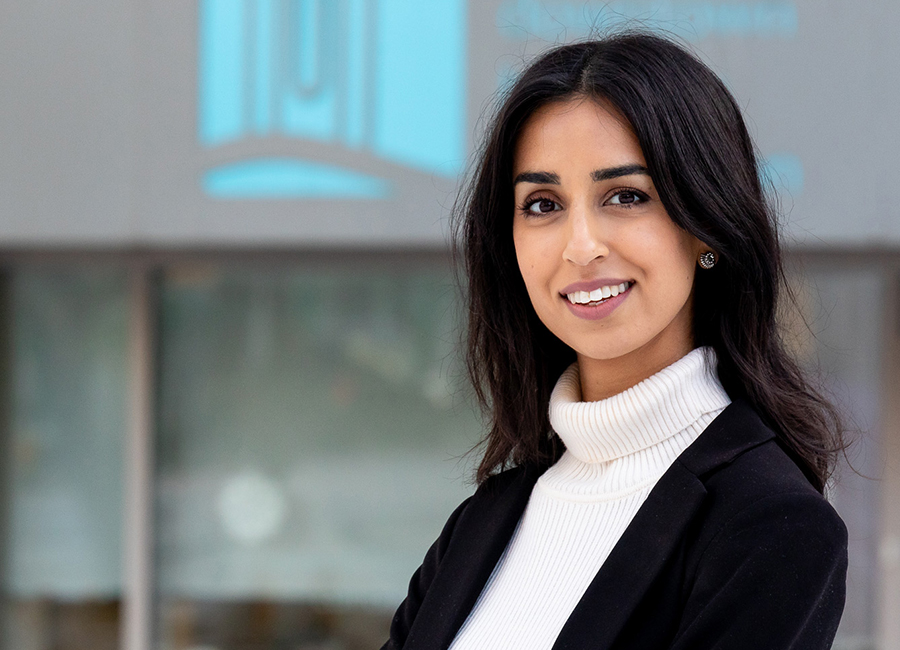
Puneeta McBryan (‘12 BCom), Executive Director, Downtown Business Association
The Advice: When you know what you’re worth and the true value of the expertise and the leadership you bring to the world, then who you’re doing that work for matters.
Who it came from: Margo Long, President and CEO, Youth Empowerment & Support Services.
How it affected me: It made me consider who is ultimately benefiting from the work I am doing every day. What impact am I having on the world I live in, day by day, and over the long term? It has very much shaped the career choices I have made since.
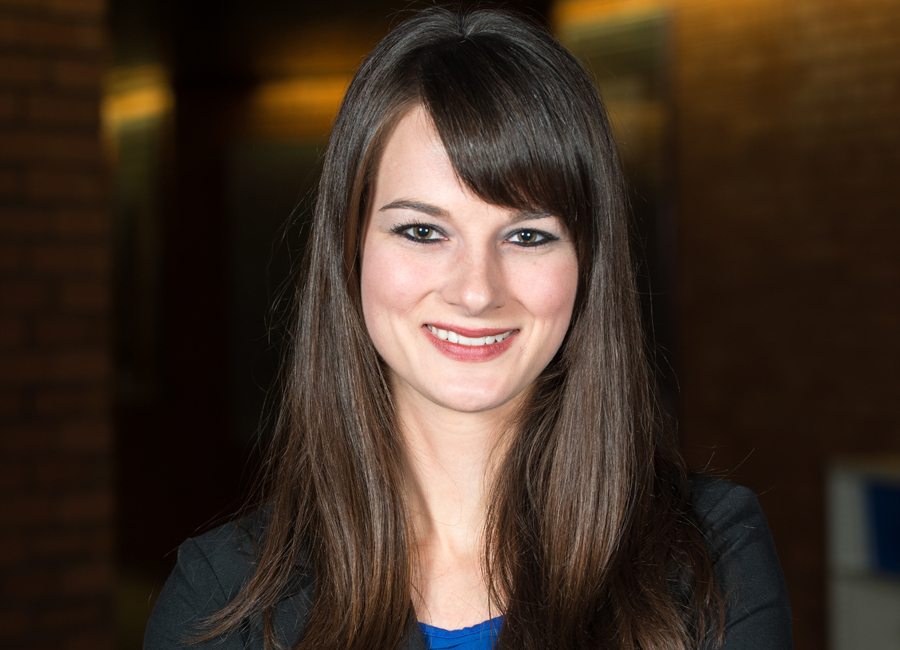
Ashton Rudanec (‘12 BCom, '16 MBA), Manager, Corporate Services, AIMCO
The Advice: Consider pursuing further education to help pivot into the career path you want.
Who it came from: Lynn Hamilton, president and owner of Hamilton Investments Inc., and my mentor via the Business Alumni Association Mentorship Program.
How it affected me: Until she suggested it, I had never really considered getting more than my Bachelor of Commerce degree. Getting an MBA from the U of A turned out to be the greatest investment I ever made. If it wasn't for Lynn's advice and support, simply put, I wouldn't be where I am today, which is in a job and an organization I love working for.
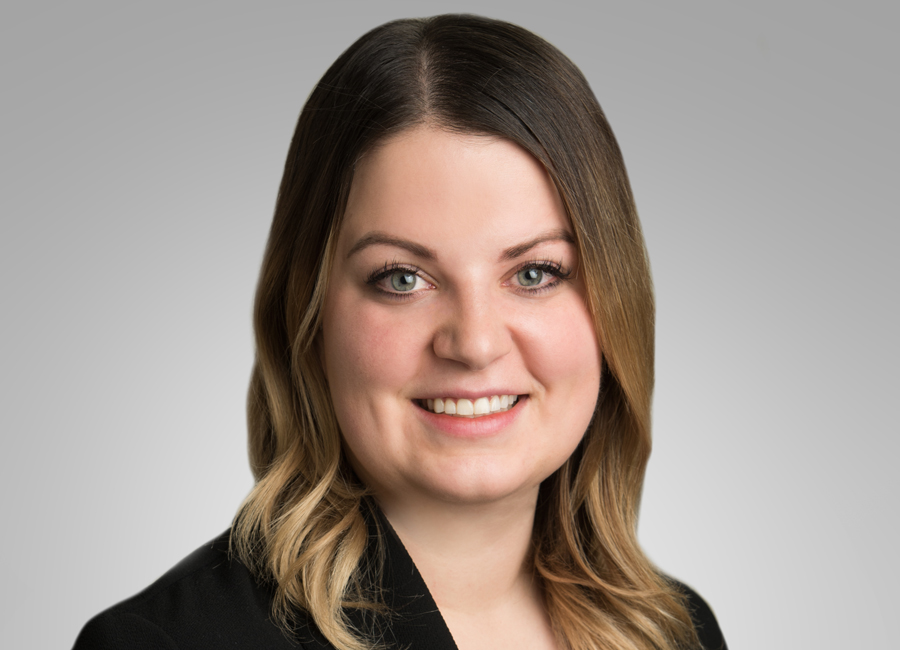
Kimberley Shuya (‘12 BCom), Management Consultant, Western Management Consultants
The Advice: It is better to coach and guide people, and let them discover the solutions to their problems, than it is to tell them what to do.
Who it came from: Elaine Geddes, former Associate Dean of the Alberta School of Business.
How it affected me: In providing guidance and support, rather than just instructing me how to do things, Elaine left me feeling confident in my ability to manage difficult situations, which is a skill I still rely on to this day.
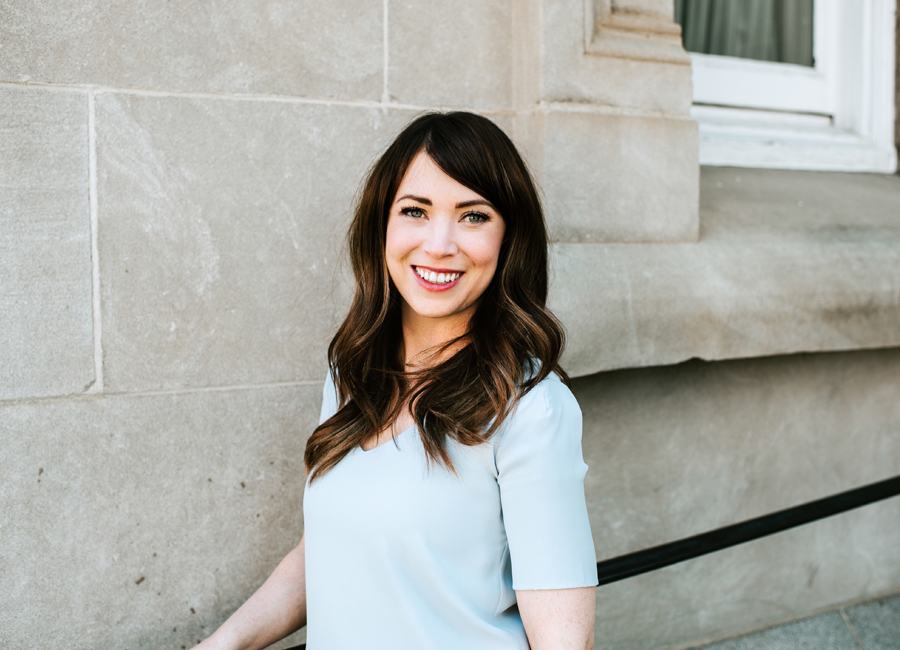
Heather Thomson, Executive Director, School of Retailing, Alberta School of Business
The Advice: Find the cultural fit in an organization first, and a job second.
Who it came from: Carolyn Campbell, President and CEO, NorQuest College.
How it affected me: I’m not the kind of person who can separate work from the personal. I want to care about the organization I am a part of, and I want that organization to care about me, too. In the past I’ve been told that I am “unprofessional” or “too sensitive,” but the reality is that I was simply working in places that were not a good fit.
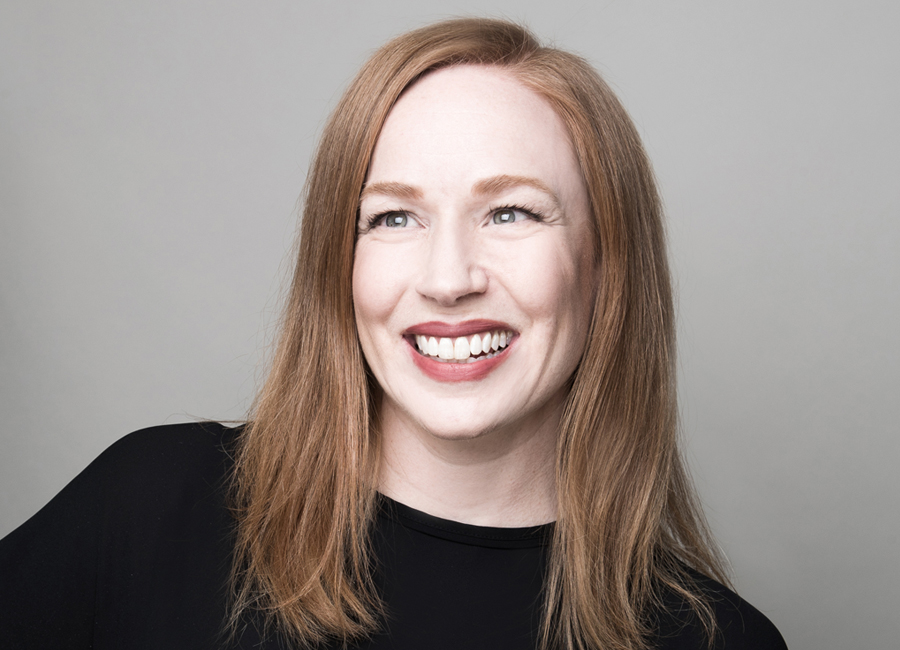
Kiri Wysynski (‘99 BCom), Senior Director, Client Services, FKA
The Advice: Start by taking the air out of the argument.
Who it came from: Margaret Bateman, former CEO and senior partner of Calder Bateman Communications
How it affected me: A lot of my work is based on getting different groups to land on an agreed-upon approach. Not surprisingly, the barriers to consent are often driven not by logic, but by individual bias and human emotion. Taking the air out of an argument is about trying to set aside ego to refocus the discussion, and moving forward with things that everyone can acknowledge and agree upon.
Subscribe to UAlberta Business
Become part of our community. Get the latest news and event information from the Alberta School of Business in your inbox every month.